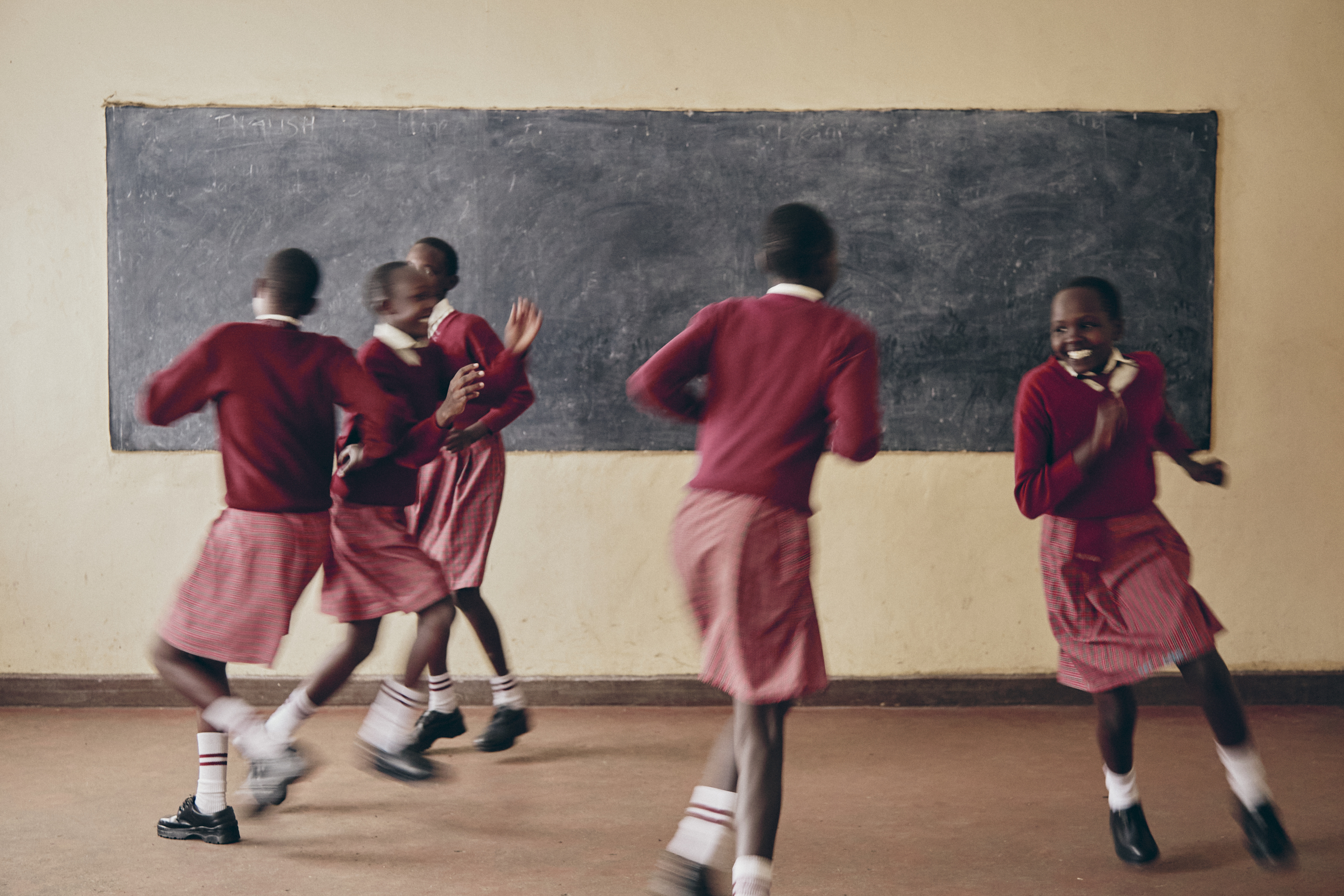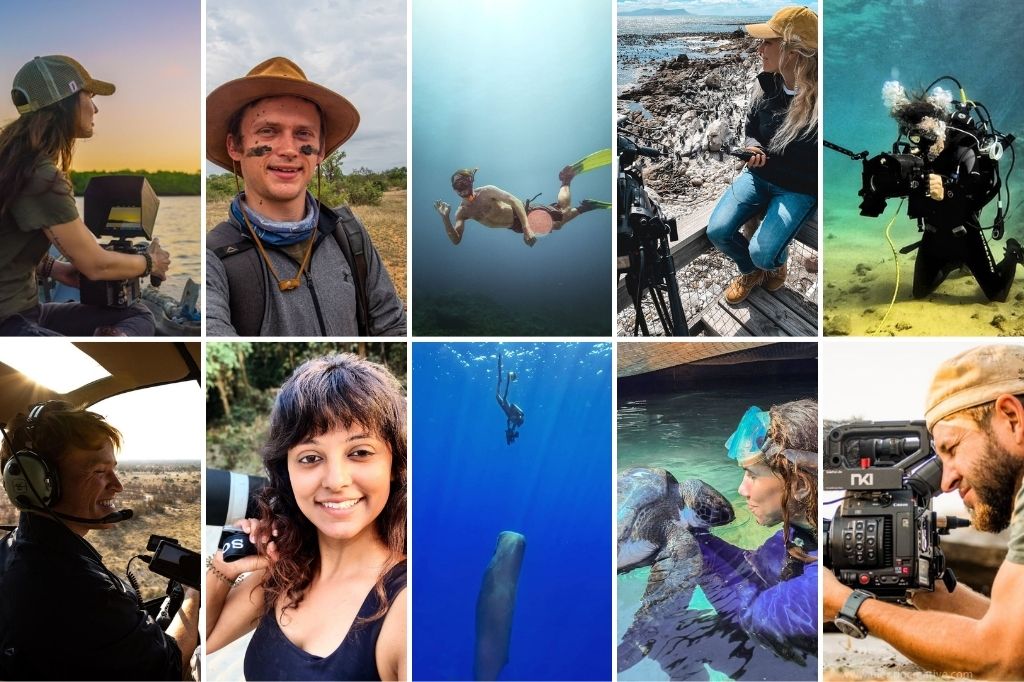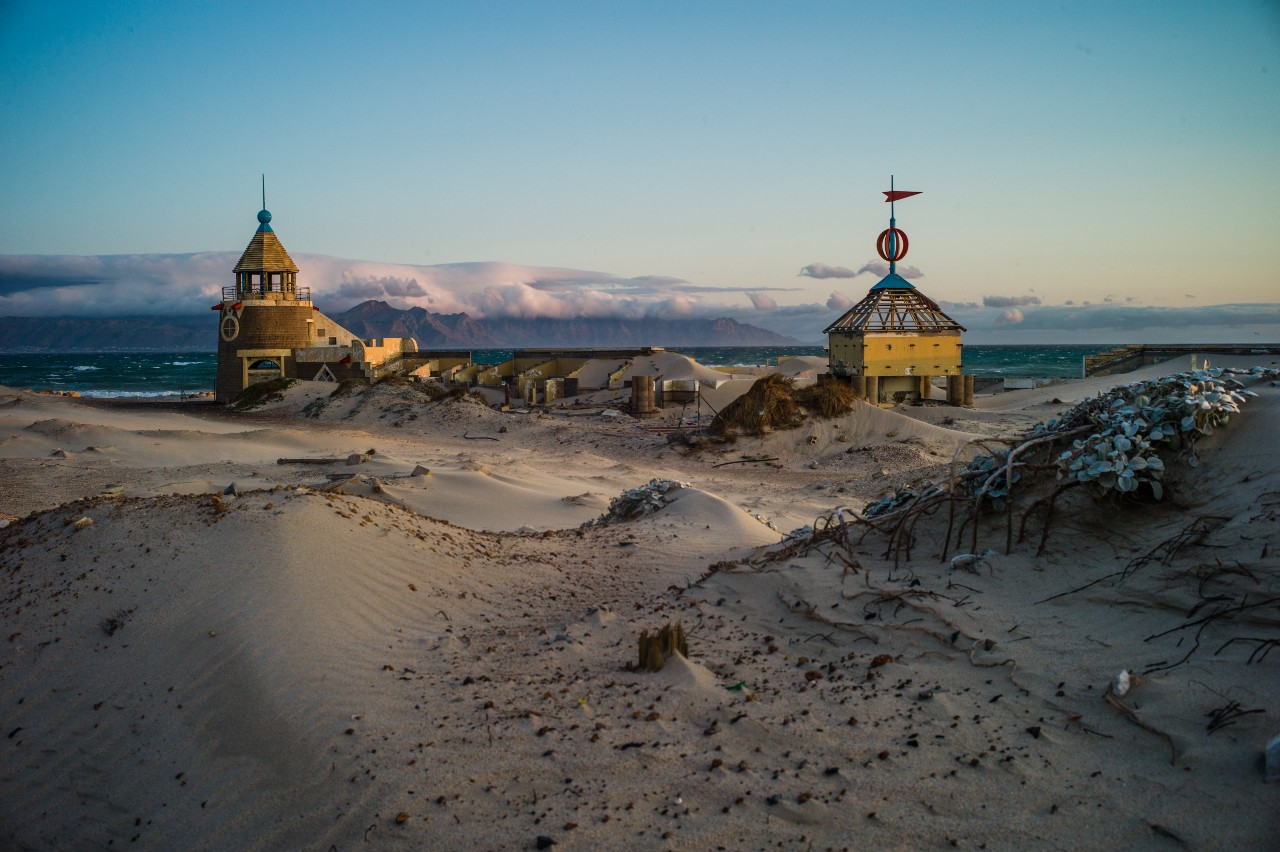In a world where images speak volumes and visual storytelling takes center stage, Yannis Davy Guibinga has emerged as a powerful and thought-provoking voice. Through the lens of his camera, he captures more than just moments; he captures the essence of identity, culture, and humanity. With an exceptional talent for portraiture and an unwavering commitment to exploring the multifaceted aspects of identity, Yannis has emerged as a rising star in the global photography scene. We chat with Yannis about his love for photography, his unique photographic style, and more.

Please tell us a little about yourself.
My name is Yannis Davy Guibinga, and I am a 28-year-old photographer from Libreville, Gabon, and currently based in Montreal, Canada. My work as a photographer revolves around exploring the diversity and multiplicity of African identities and narratives on the continent and its diaspora through vibrant, colourful, and sometimes surrealist portraitures.
Where does your love for photography stem from?
My love of photography stems from growing up and seeing the images in the fashion magazines my mother used to read and being interested in eventually creating the same kind of images. I have always been attracted to colourful and complex visuals, from my interests in fashion images to my interest in comic-book illustrations, so by the time I was creating my own images these two different worlds became very big inspirations to me.

How would you describe the style of Yannis Davy Guibinga?
I would describe my style as vibrant, colourful, and surrealist portraiture focused on exploring African identities and narratives.
What drew you to this style of photography?
I naturally started to hone in on this particular style of photography over time after a few years of trying different things and different styles of photography. I used to take a lot of landscape photos when I lived in the Toronto area, as well as a lot of portraits with no real storytelling or focus. However, I gradually started to focus on the exploration of particular African narratives through portraits over time.

What kind of subject matter do you enjoy exploring?
I enjoy exploring stories and narratives inspired by or directly referencing different mythologies from the African continent, from giving my visual representations of the various myths around the creation of the world in different mythologies or the exploration of particular stories coming from different cultures and parts of the continent.
What are some of the things you’ve had to overcome to succeed in your career?
I think the biggest obstacle I have had to overcome over the years has been my own anxieties regarding being a working artist. When the work you create is your livelihood there is sometimes a conflict between the need to make a living and the message you want to deliver as an artist. I would say that what matters most is to stay consistent and focus on the work you want to create and the story you want to tell, and the rest will follow naturally.

Which camera do you shoot with?
I have been shooting with a Canon 6D for more than five years now.
What are some of your favourite lenses to use?
I love shooting with my 24-70mm lens because of its versatility and ability to adapt to any situations and settings. That’s the lens that I probably use daily and for most of my recent projects.

In your opinion, what are some common mistakes photographers make?
I think a common mistake photographers make is following photography trends such as getting the currently popular camera or following the popular techniques without taking into account whether it’s the best way to convey the message from their work. I also think exploring too many different types of photography early in their careers might do photographers a disservice, as it doesn’t allow people to pin down and understand what their style and artistic language are. People understanding who you are and what you want to show in your images is, in my opinion, the first step to success as it allows potential clients and collectors to understand your vision even before they contact you.
What are some of the most essential skills you’ve gained throughout your career as a photographer?
I would say the ability to create a cohesive body of work throughout the different series and the different projects that I’ve created. It allows photographers to create and construct a particular visual universe in which every single one of their stories can be placed and connected with the others.

What are five pieces of advice you’d give aspiring photographers?
1: Try to build a cohesive body of work that can tell a clear story.
2: Focus on getting the equipment you need to create the images you have in mind rather than getting equipment because they’re new and currently popular.
3: Never delete your old work.
4: Learn to love the editing process. It’s the best moment to sit with your work, look at it, and think about what you want to do better next.
5: Don’t be afraid and ask to collaborate with people whose work you admire.









